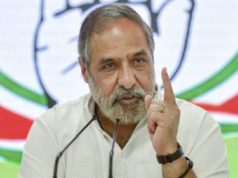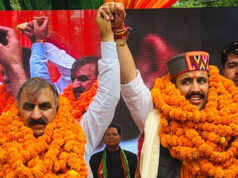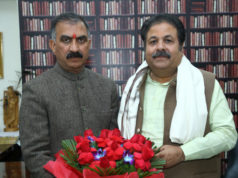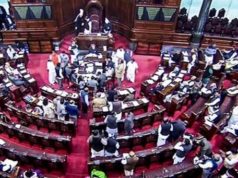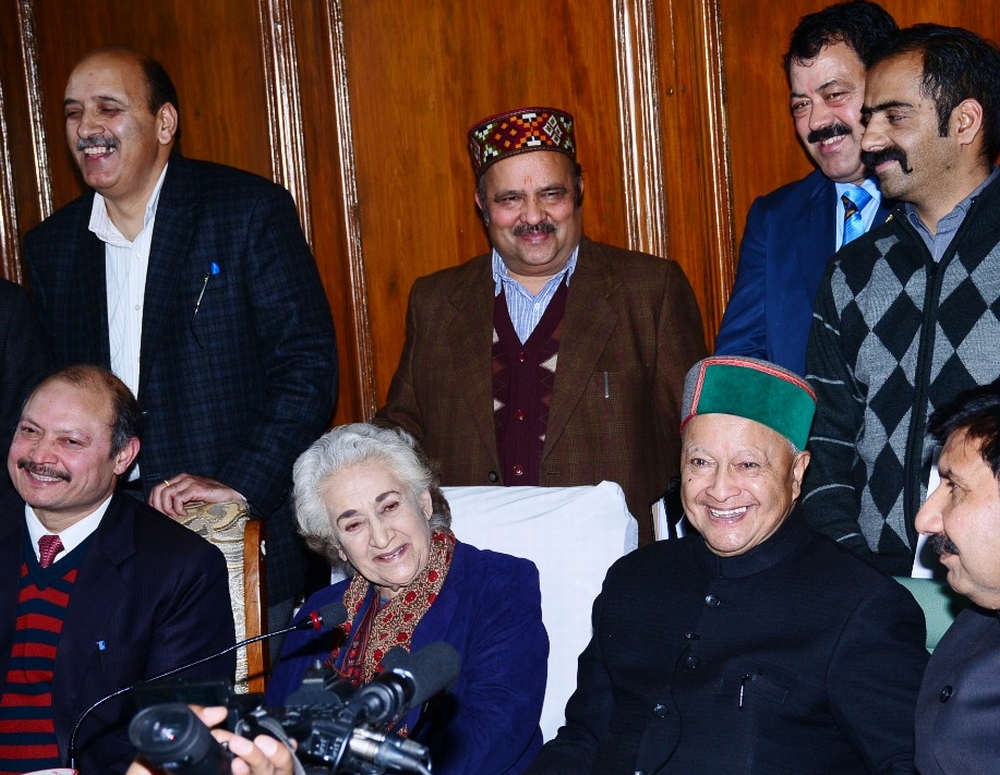In a recent turn of events within the Indian National Congress, senior leader Anand Sharma has raised substantial concerns regarding the party’s fervent campaign for a nationwide caste census. Sharma, a member of the Congress Working Committee, conveyed his apprehensions in a letter addressed to party president Mallikarjun Kharge. In the letter, he challenges the party’s departure from its historical stance against identity politics and highlights the potential implications of such a shift on India’s democratic fabric.
Sharma’s dissent comes amidst the backdrop of Congress leader Rahul Gandhi’s persistent advocacy for a comprehensive caste census, a focal point of the party’s electoral strategy in recent state and national elections. However, Sharma asserts that a caste census cannot serve as a panacea for addressing entrenched issues like unemployment and prevailing inequalities, contrary to the assertions made by some party members.
Drawing from the party’s own legacy, Sharma invokes the words of former Prime Ministers Indira Gandhi and Rajiv Gandhi, emphasizing their caution against the politicization of caste identities. He underscores the Congress’s traditional commitment to inclusive policies based on social and economic backwardness rather than identity-based politics.
While acknowledging the importance of addressing the concerns of marginalized communities, Sharma maintains that the Congress’s approach should prioritize building national consensus and fostering a harmonious society. He warns against succumbing to radical posturing driven by regional and caste-based organizations, urging the party to uphold its inclusive ethos.
Sharma’s critique raises pertinent questions about the efficacy and ramifications of prioritizing a caste census as a political agenda. He argues that such a departure from established policy frameworks could have far-reaching implications for the nation’s social fabric and political landscape.
The letter reflects Sharma’s commitment to transparency, democratic discourse, and freedom of expression within the Congress party. His dissent underscores the importance of internal debate and introspection in shaping the party’s stance on critical issues of national significance.
Meanwhile, Rahul Gandhi’s steadfast advocacy for a caste census continues to resonate within the party, with the initiative forming a key plank of the Congress’s electoral promises. However, Sharma’s dissent serves as a reminder of the complexity and sensitivity surrounding the issue, urging for a balanced and nuanced approach in addressing India’s socio-economic challenges.
As the political landscape evolves in anticipation of the upcoming Lok Sabha elections, the Congress finds itself grappling with internal debates that underscore the diverse perspectives within the party. How the party navigates these discussions and reconciles divergent viewpoints will undoubtedly shape its electoral strategy and broader political positioning in the days to come.


